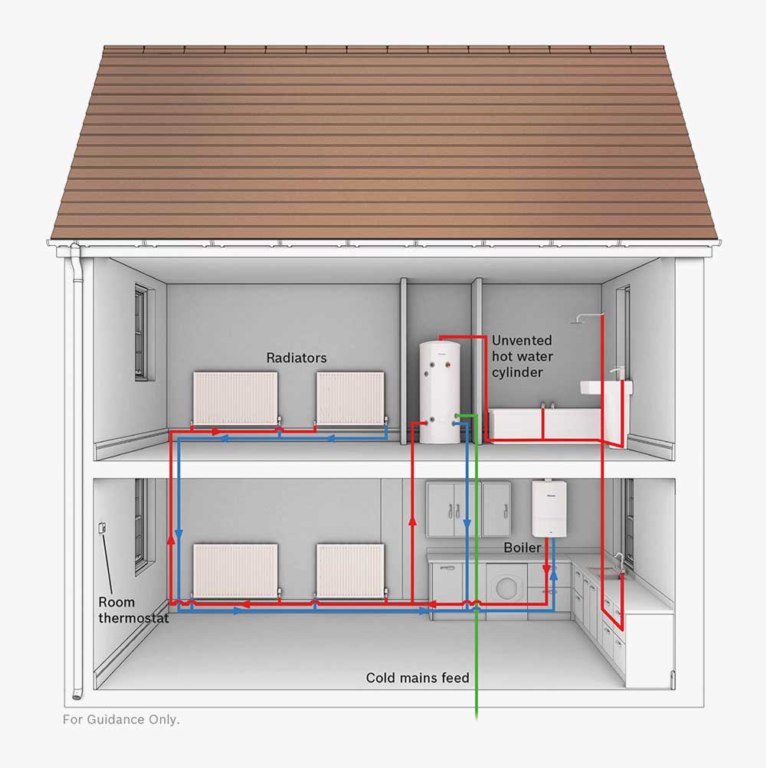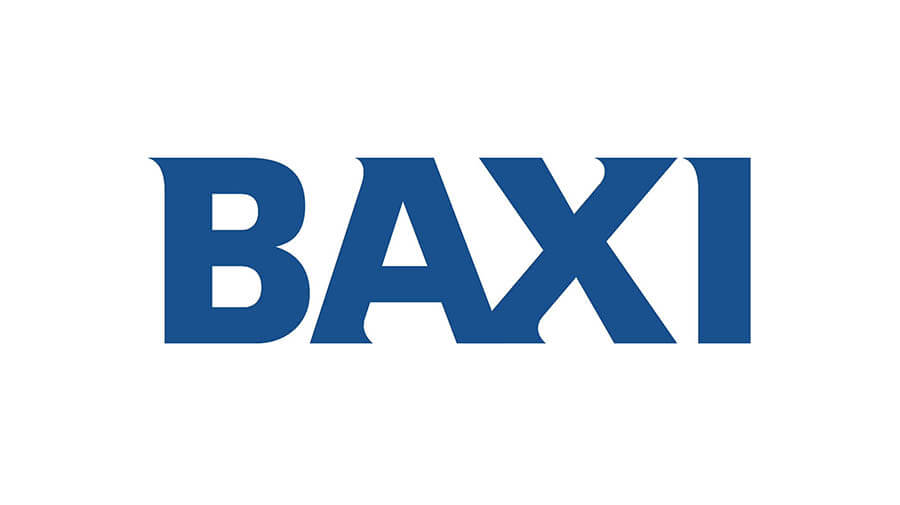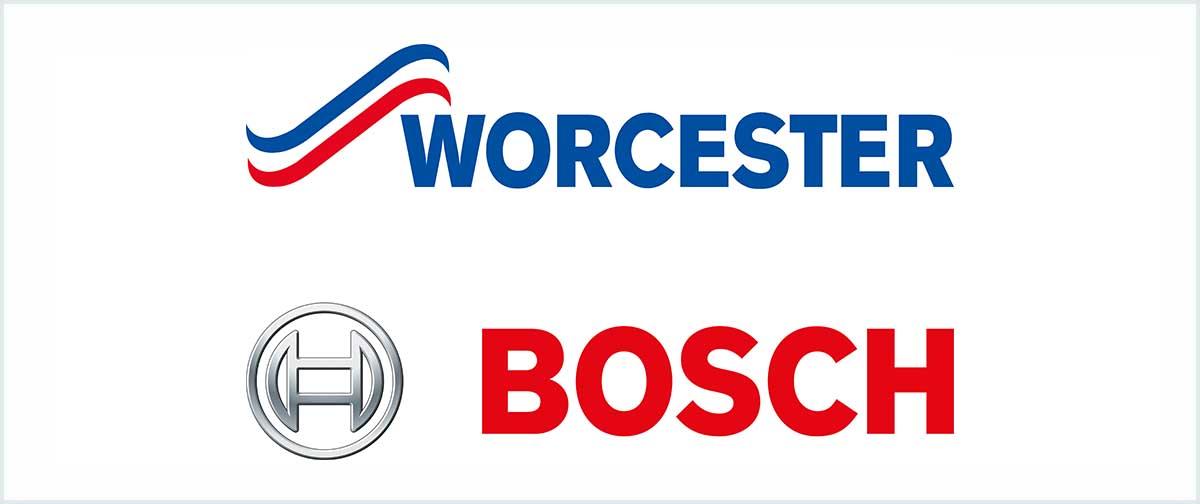
Why is it called plumbing?
Centuries before the modern marvels of plumbing we rely on today, ancient civilizations were pioneering innovative ways to manage water supply and distribution. Among these early pioneers were the Romans, whose ingenuity and engineering prowess left an indelible mark on the development of plumbing as we know it. Let’s journey back in time to explore the origins of plumbing and the fascinating role played by the ancient Romans.
Ancient Roman Engineering:
More than a millennium ago, the Romans were masters of hydraulic engineering, harnessing the power of water to fuel their growing empire. One of their most impressive achievements was the construction of aqueducts – monumental structures that transported water from distant sources, such as mountains or springs, to urban centres and settlements.
The Aqueducts:
These awe-inspiring feats of engineering stretched for miles across the landscape, supported by towering arches and intricate masonry. The aqueducts utilised a gentle gradient to maintain a steady flow of water, ensuring a constant supply to the bustling cities and towns below.
The Role of Lead:
To distribute water within the city limits, the Romans relied on a network of underground supply lines made from a readily available material: lead. This durable and malleable metal was favoured for its versatility and ease of use in plumbing applications. In fact, the very term ‘plumbing’ finds its roots in the Latin word ‘plumbum,’ meaning lead.
Legacy and Impact:
The legacy of Roman plumbing extends far beyond the ancient world. Their innovations laid the groundwork for modern plumbing systems, shaping the development of infrastructure and urban planning for centuries to come. The principles of water supply and sanitation pioneered by the Romans continue to influence our understanding and practice of plumbing today.
Lessons Learned:
While the Romans demonstrated remarkable ingenuity in their approach to plumbing, their extensive use of lead pipes also serves as a cautionary tale. Historians and scientists have since discovered the potential health hazards associated with lead contamination, prompting advancements in materials and techniques for plumbing systems.
Looking to the Future:
As we reflect on the legacy of Roman plumbing, we are reminded of the importance of innovation, sustainability, and safety in the field of plumbing. Today, modern plumbers draw upon centuries of knowledge and experience to design and maintain water systems that are efficient, reliable, and safe for future generations.







